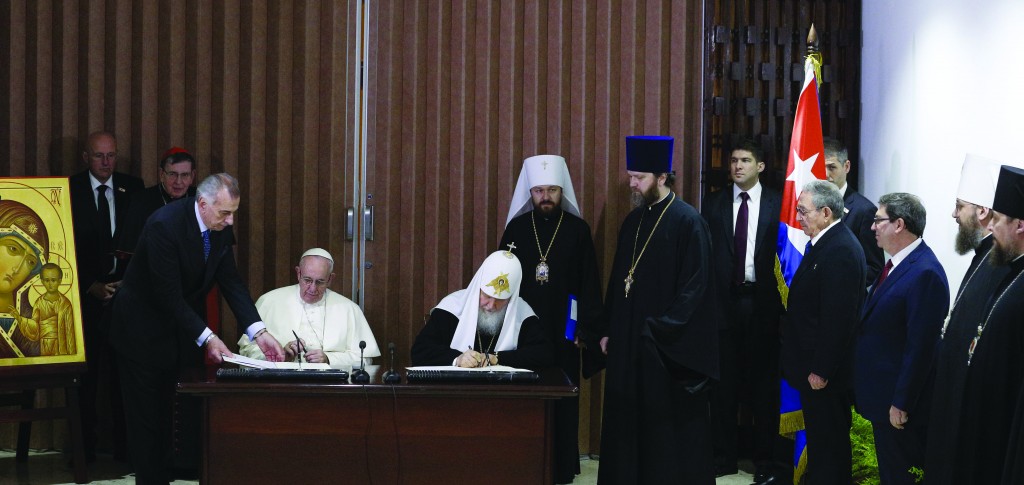
Pope Francis and Russian Orthodox Patriarch Kirill of Moscow sign a joint declaration during a meeting at Jose Marti International Airport in Havana, February 12 (CNS photo/Paul Haring) See POPE-PATRIARCH-CUBA Feb. 12, 2016.
There is no doubt that the meeting between the Catholic Pope Francis and Kirill, Russian Orthodox Patriarch of Moscow and All Rus’ was, in every estimation, historic: the first face-to-face encounter of its kind since the Great Schism separated Catholicism and Orthodoxy in 1054.
The meeting — and the “Joint Declaration” document that resulted — were met with a range of emotions and judgments: excitement, cautious optimism but also outright skepticism in some quarters, in both the Catholic and Orthodox worlds.
The Pope has expressed his motivations consistently: like his recent predecessors, his desire is the eventual unity of Eastern and Western Christianity, according to the will of the Lord “that all may be one.”
Francis himself characterized the meeting as a “conversation between brothers” which gave him “an inner joy that came from the Lord.”
But not all in the Catholic world are of one mind about the wisdom of the Pope’s meeting with Kirill.
Political issues lurking in the background are hard to ignore: Russia is on the move on the world stage, and those who oppose her actions in places like Ukraine and Syria fear the gesture of the Russian Orthodox Church (ROC), which admittedly has close ties to the government, in reaching out to Western Christianity is merely a ploy, meant to soften Western opposition to Russian policies seen as expansionist. Catholic conservative writer George Weigel, in National Review magazine, opines that the fact that this meeting is taking place now, after 35 years of Russian refusal due to opposition to the activity of the Ukrainian Greek Catholic Church — a thorn in the side of the Russian Orthodox — points to political motivations. “That the Moscow Partriarchate backed down and agreed that its leader would meet with the Pope,” says Weigel, “suggests that the ROC and the Putin regime… needed this meeting.”
Among the Orthodox, there is a somewhat comparable split between “liberal” and “conservative.” The liberals are anxious for rapprochement with Western Christianity, albeit for somewhat more practical, rather than theological, reasons: they realize that to successfully face down the common enemies of secularism and radical Islam, the East and West need each other’s help.
Metropolitan Hilarion Alfeyev, the Russian Orthodox head of the Department of External Church Relations, said that “the old psychology of rivalry must make way for fraternal cooperation to face the challenges” in Europe and the Middle East, like the rapid decline of moral values and the persecution of Christians in its various forms.
Staunch conservatives among the Orthodox, however, do not appear to be swayed by this argument, and some speak of Kirill’s gesture toward the Catholic Church as a “betrayal,” even calling Patriarch Kirill a “heretic” for extending the hand of friendship, in the name of Russian Orthodoxy, to the “heretical” Catholic Pope. Sergei Chapnin, recently dismissed by Kirill as editor of the Moscow Patriarchate’s news magazine, wrote in Asia News, “Patriarch Kirill knows this only too well: there can be no dialogue with those who struggle for the purity of Orthodoxy and it is almost impossible to convince them otherwise.”
In the West, there are also those who oppose the meeting as a sort of “betrayal,” but in this case by the Pope, not Kirill. Some of these are members of the Ukrainian Greek Catholic Church, which has suffered at the hands of the more powerful Orthodox in parts of Ukraine. Archbishop Sviatoslav Shevchuk, head of that Church, reacted to the Pope-Patriarch Joint Declaration: “This text has caused deep disappointment among many faithful of our Church and among conscientious citizens of Ukraine,” some of whom “even see it as indirect support by the Apostolic See for Russian aggression against Ukraine.” He added: “Orthodoxy must acknowledge our right to exist.” But he noted that “the joint declaration by Pope Francis and Patriarch Kirill in the end makes this acknowledgement, and this is positive.”
Despite the hand-wringing on various fronts, the Vatican steadfastly affirms that the Pope-Kirill meeting was one of moral and spiritual meaning, in pursuit of closer relations with a sister Christian Church which confesses the same essential faith, sacraments and episcopal succession.
Now, many Orthodox see their Church as poised to undertake even closer collaboration with the Catholic Church in such efforts as joint pilgrimages, relief work and promotion of Christian morality in the secular arena. Whatever the shortcomings of this meeting, what remains true is that the Joint Declaration that resulted is a landmark. We publish the entire text on the following pages.

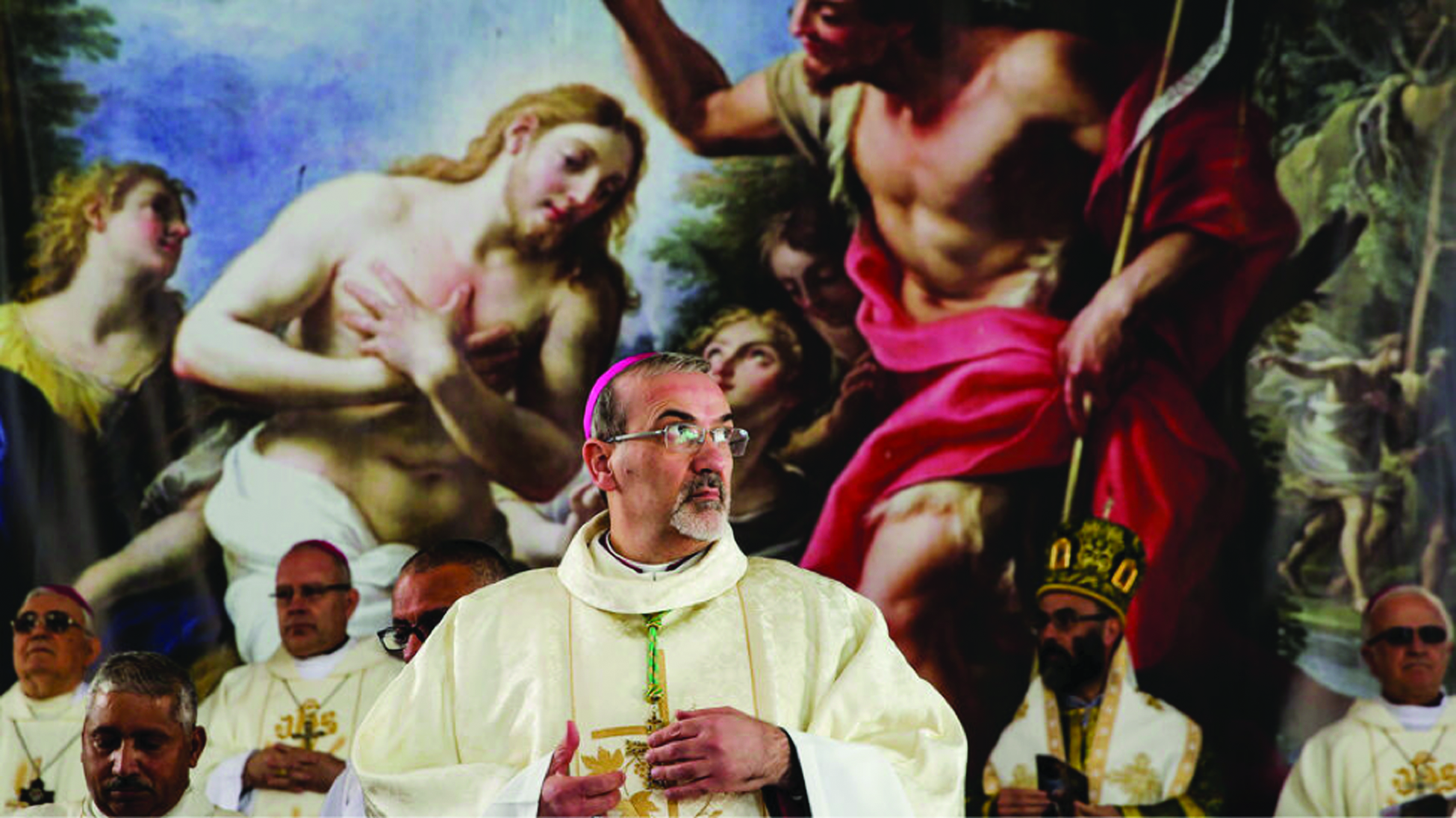
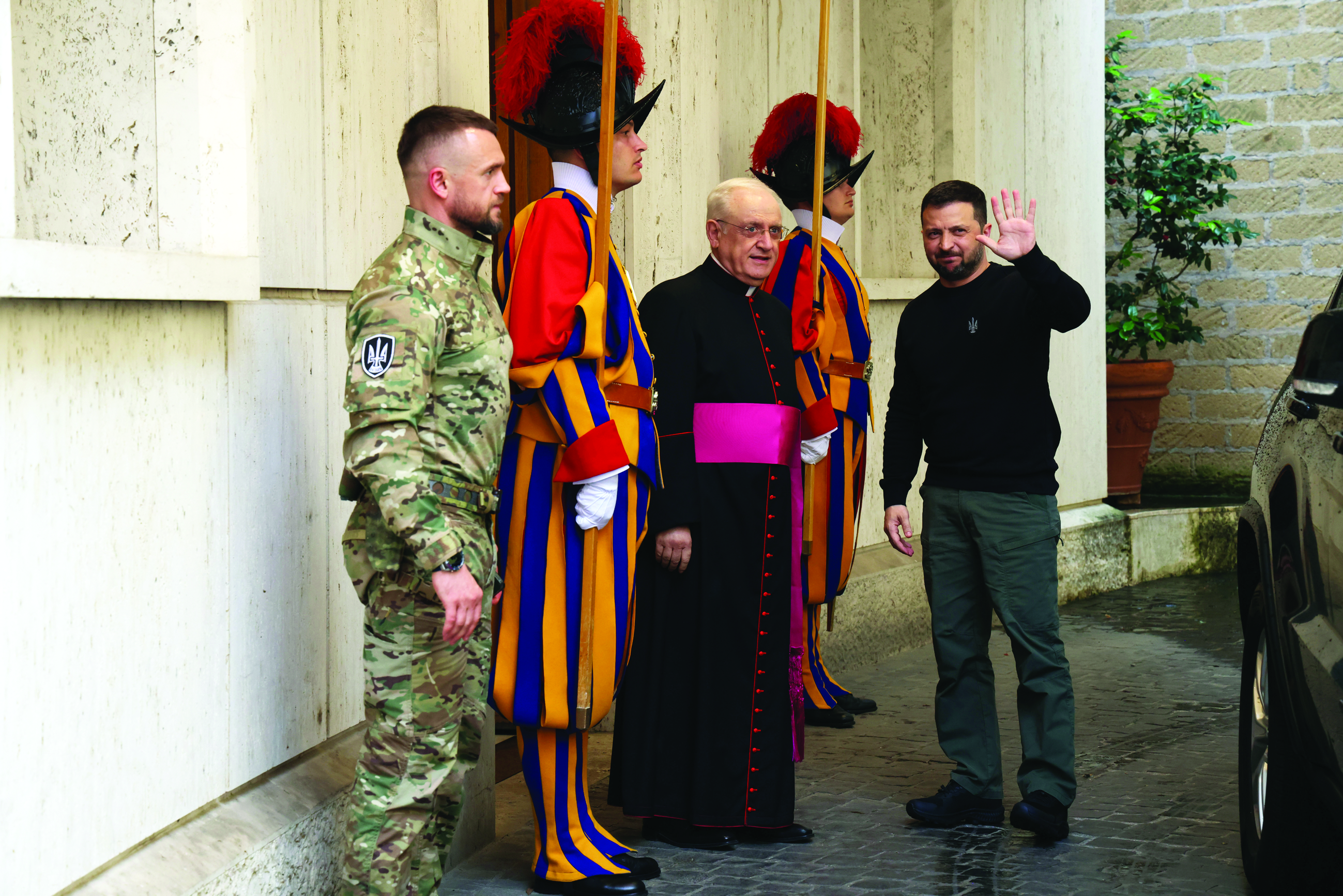
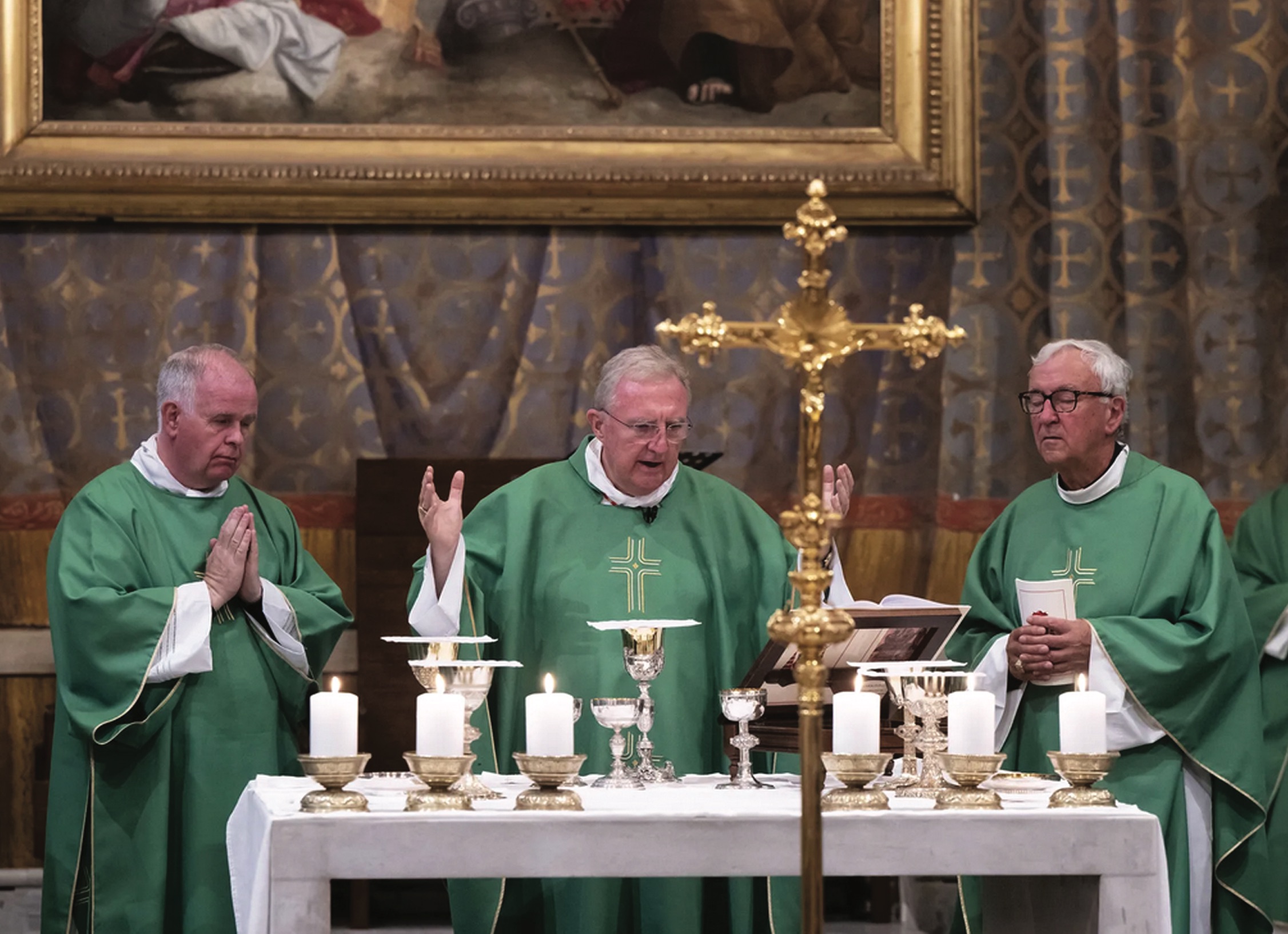
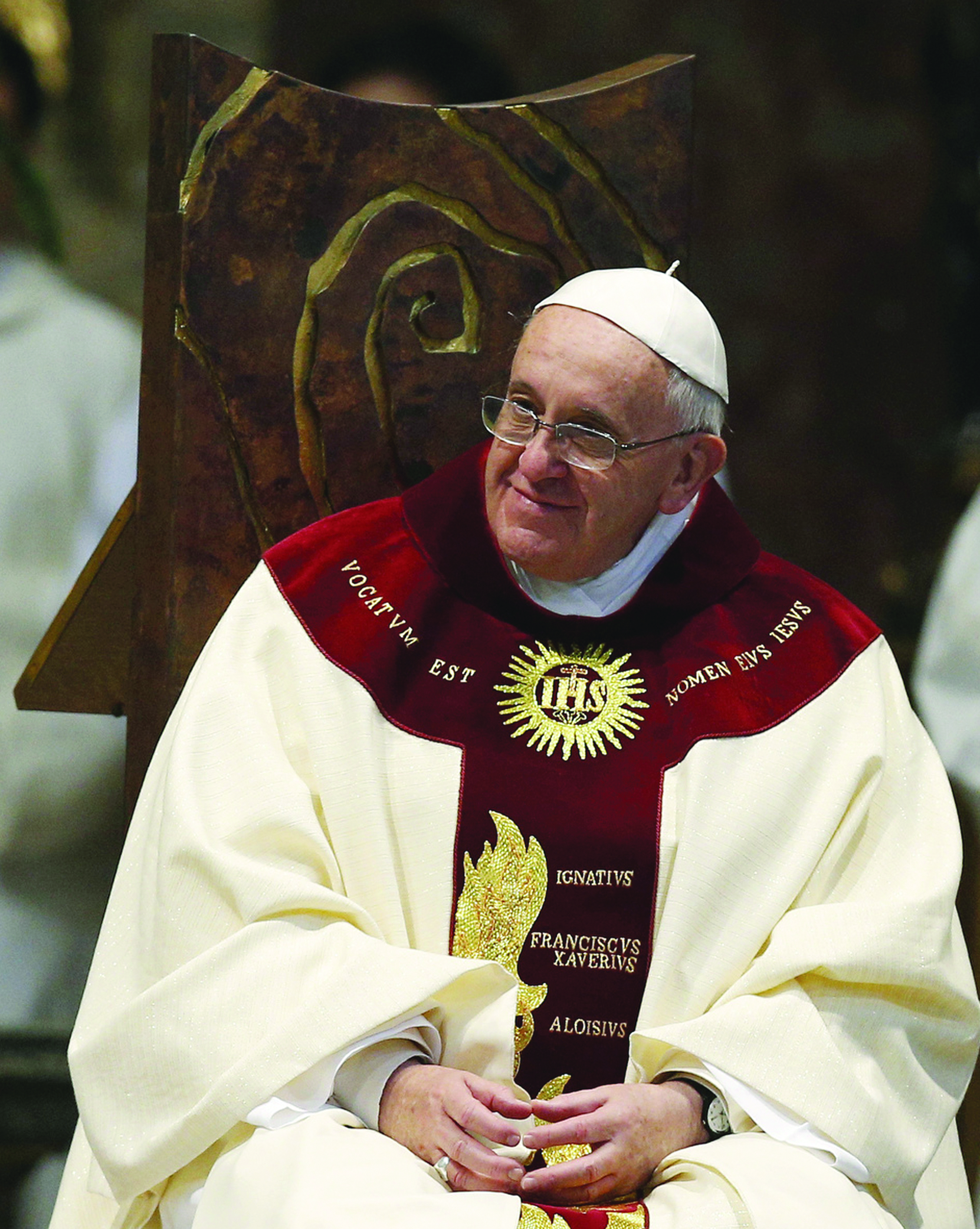
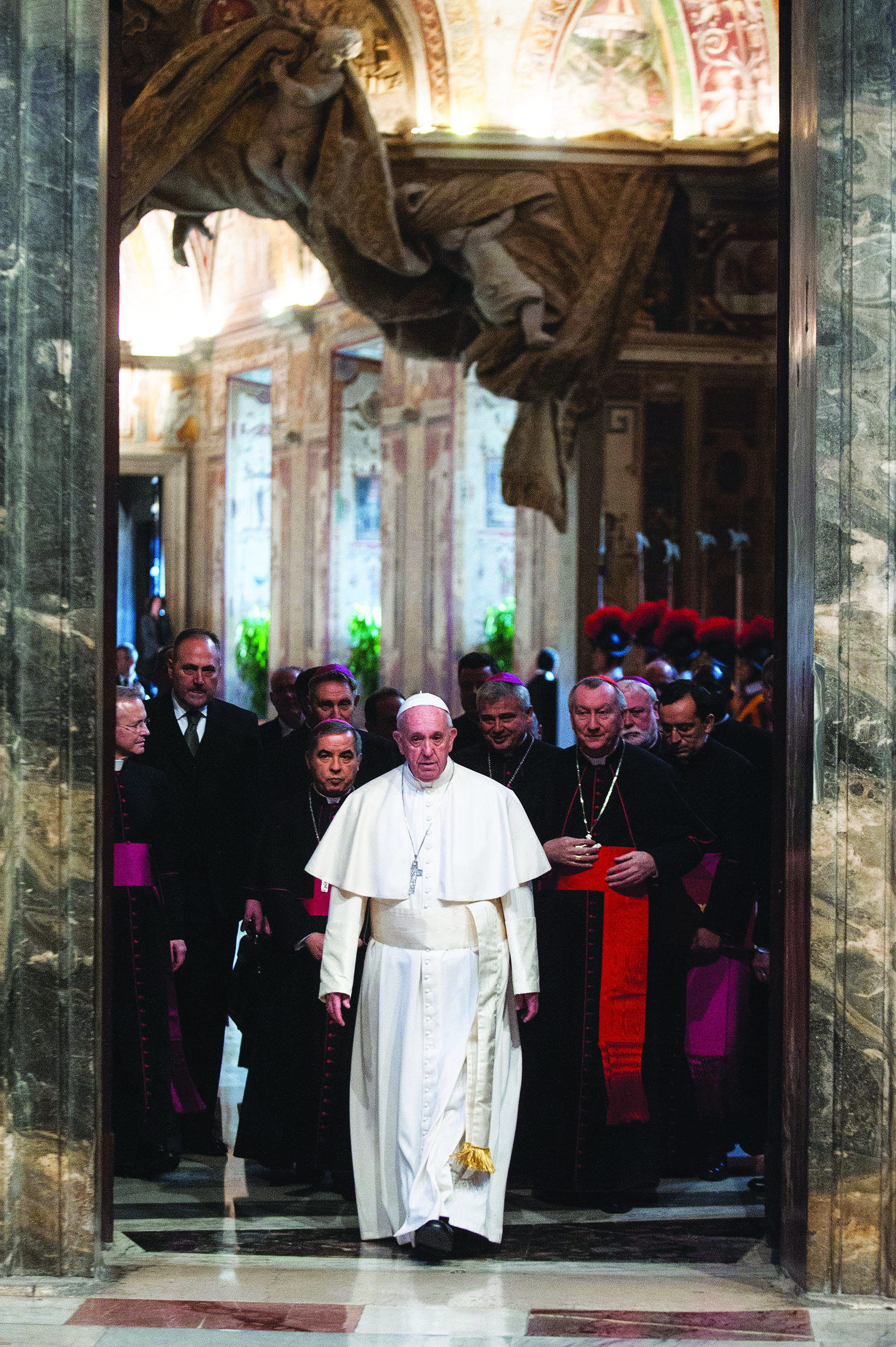
Facebook Comments